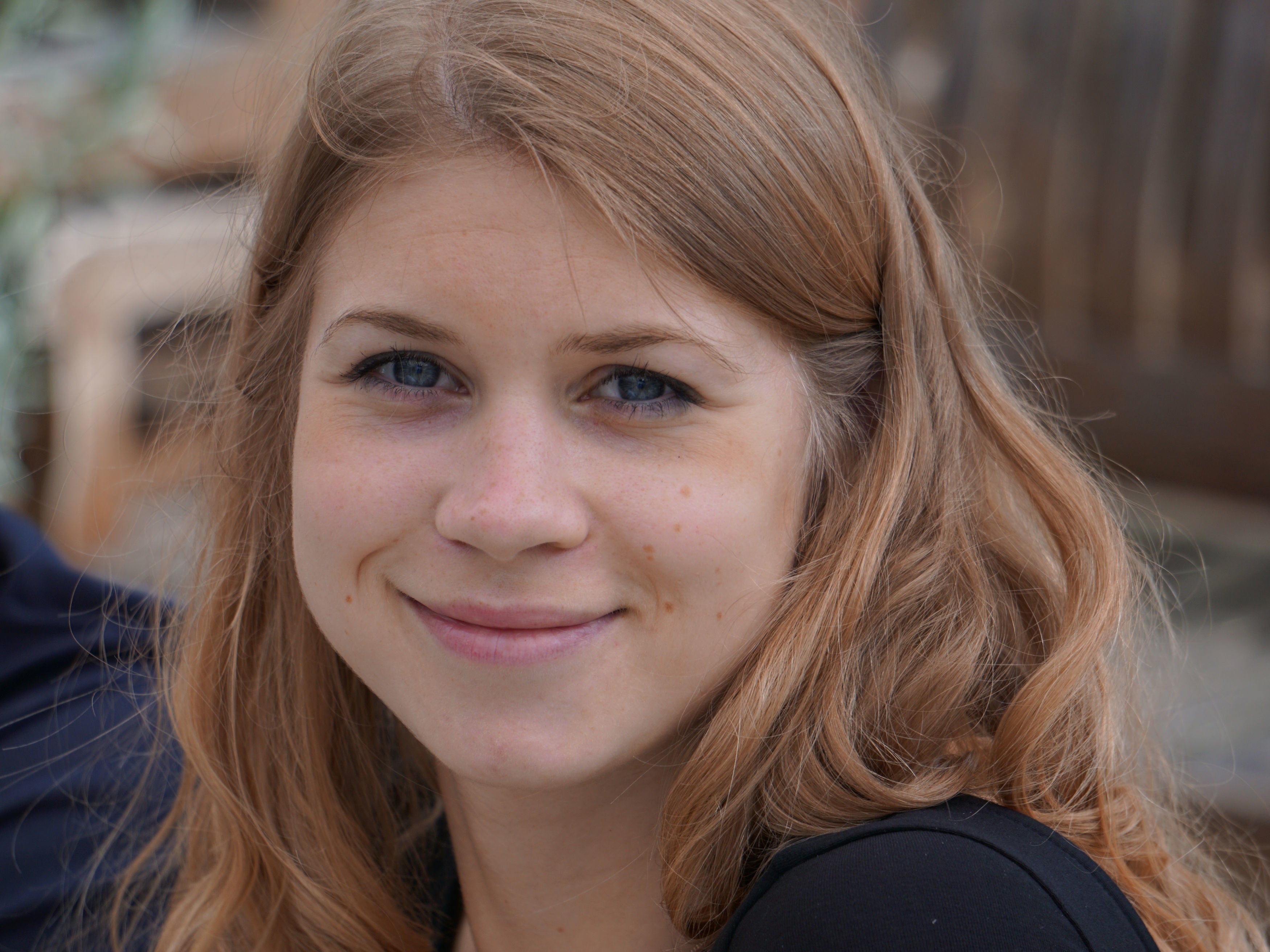Met Police to put hundreds more officers on London’s streets after Sarah Everard murder
The force wants to drive down violent crime, including domestic abuse and violence against women and girls
Hundreds of extra police officers will be deployed to the streets of London over the next six months as the under-fire Metropolitan Police tries to make women and girls feel safer.
An additional 650 officers will be placed across the capital in the wake of Sarah Everard’s murder by serving police officer Wayne Couzens, who was jailed for life last week.
Met Police chief Dame Cressida Dick is under extreme pressure to reform the force after new details emerged about how Couzens kidnapped, raped and killed Ms Everard.
At his sentencing, it emerged the married father of two used police powers to perform a “fake Covid arrest” on the 23-year-old marketing executive, before bundling her into his car.
It also later came to light that Couzens had exchanged misogynistic and racist material with colleagues, who were subsequently placed under investigation.
The details sparked national outrage and calls for Dame Cressida to change the Met's culture and broader reforms to how the force tackles domestic abuse and violence against women and girls.
On top of an independent review announced on Monday, the Met said an additional 650 officers will be put in place across the capital, with 500 officers being based permanently in busy neighbourhoods and 150 joining London wards as "Bobbies on the beat".
The force said the addition of the new officers - a combination of new staff as part of the government's national recruitment drive and redeployed personnel - was part of a crackdown on violent crime, including domestic abuse and violence against women and girls.
The town centre teams will be made up of one inspector, two sergeants and 21 police constables. Once in place, the local police leaders will be able to increase the size of their teams if needed.
The first tranche of officers will be in place by late 2021 and all 19 teams are expected to be in place by spring 2022. They will be located in boroughs and towns across London, from Hounslow, west London, to Barking and Dagenham, east London.

Met Police Assistant Commissioner Nick Ephgrave said: "Our growth enables us to increase our presence in busy neighbourhoods and town centres and be even more focused on protecting people and solving the long-term crime and anti-social behaviour issues we know people care about most - like violent crime, and violence and harassment committed against women and girls.
"Local policing is at the heart of everything we do and we know that we are so much more effective if we are in communities and neighbourhoods, working side-by-side with all Londoners, listening and engaging with them, tackling the issues that make them feel unsafe."
He added: "We want communities to regularly see and get to know their local officers, so that they trust and have confidence in them, knowing they are there to protect and keep them safe."

Areas where there are "extraordinary demands", such as Westminster, means there will be "enhanced" or "additional" town centre teams.
It comes after Dame Cressida announced she has called in an independent reviewer to look at the force's culture and standards following Couzens's sentencing.
The Met Police chief, who has defied calls to resign over the case, plans to announce who will undertake the review, expected to take at least six months, in about a week's time.
Speaking to broadcasters, she said: “People will be entitled to their opinion, I’ve got a job to do, I’m getting on with it.
“My job now is to lead the Met through a difficult time and rebuild that public trust, which I am doing through bringing in an independent person to review our standards and culture.”
She said the review would cover how officers in Britain’s largest force treat each other and the public, adding: “Our leadership, our processes, our systems, our people, our training, everything will be looked at.
“This will be a fully transparent report, it will respond to me, but will, of course, make recommendations for changes, I’m sure, and those will be public.”
Additional reporting by Press Association

